Asilomar 2013
ΦBKNCA 27th Annual Asilomar Conference, Pacific Grove, CA
Presidents’ Day Weekend, February 15-18, 2013.
For the 2013 Asilomar retreat $7950 went for scholarships, with 90 paid registrations. So $7950/90 = $88 would be tax deductible for the 2013 Asilomar registration. This is for LAST Asilomar (2013) and would only be deductible on 2013 taxes if paid on or after 1 January 2013; otherwise it was a 2012 deduction.
The spectacular weather on President’s Day weekend was just one highlight of another outstanding Asilomar conference! Feedback indicates that attendees enjoyed a wonderful and inspiring break, and that our speakers once again delivered food for thought across a broad spectrum of fields.
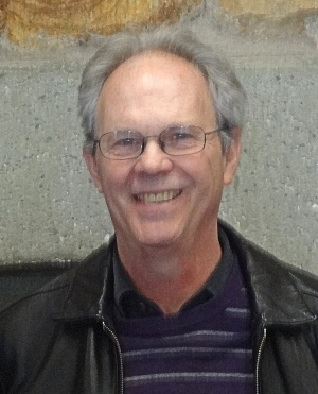
Our cultural classics scholar, filmmaker, and Association member, opened the weekend with an inspiring and heartwarming introduction to ancient Greek epitaphs. Despite some of our misgivings (a kickoff with funerary verse?) Michael Wolfe showed us a heartwarming glimpse of the real individuals whose daily lives, two thousand years ago, were very much like our own. The talk touched us with the humanity and the extraordinary range of emotion expressed in just a few lines of text – and beautifully voiced by Michael, as well. And who knew that T.S. Eliot found one ancient epitaph writer had created the greatest poetry ever written? Kudos to our speaker for an outstanding presentation.
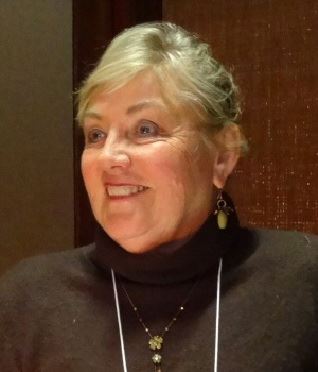
Our cultural travels continued Saturday morning when Sharon Roe, docent at the Asian Art Museum and Ph.D. candidate at the California Institute for Integral Studies, offered an eye-opening tour of the art treasures of Afghanistan – a part of the world most of us had not associated with great cultural riches. Sharon ’s gorgeous slides were accompanied by regional maps and historical commentary, helping us to situate the works we were seeing within the evolving timelines of Indian, Chinese, and emerging Islamic cultures. Now, when we learn of the political and religious challenges along the ancient Silk Road , resolving those conflicts will take on new urgency and meaning.
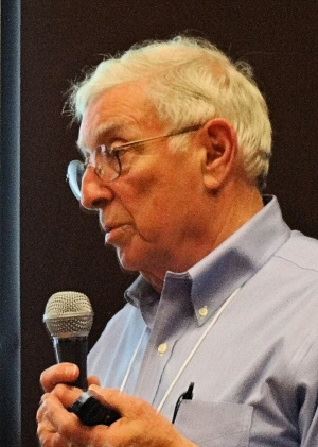
On Saturday afternoon, the focus shifted to more sobering matters as Dr. Arthur Bienenstock of Stanford, Special Assistant to the President for Federal Research Policy, spoke of the impact of the looming fiscal cliff on scientific research and education. With a trove of data both present and past, Dr. Bienenstock helped us understand not only the economics of research but the very real impact of political trends on the fortunes of education —especially public institutions such as the University of California system, through the years. Linking this economic background to the future of present day students, Dr. Bienenstock eloquently defended the importance of federal funding for securing our competitive place in a changing global landscape.
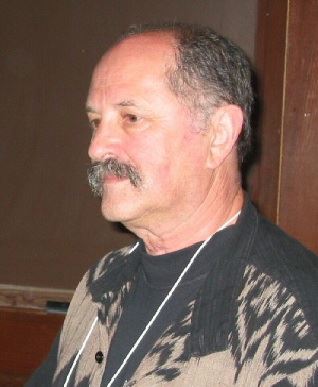
On Saturday night, Dr. Joel Rudinow, professor emeritus of philosophy from Santa Rosa Junior College , gave us a new perspective on the evolution of the Blues, long decried (or perhaps embraced) as “the Devil’s Music.” Demonstrating the origins of the music in African-American spirituals and gospel traditions – and its evolution through England and Europe toward the rock and blues of today – Dr. Rudinow offered a new insight into the deep spirituality, anguish and societal wounds that have fed into our American musical tradition. Punctuating his talk with frequent musical quotes got the audience swaying, clapping, laughing and eager for more.
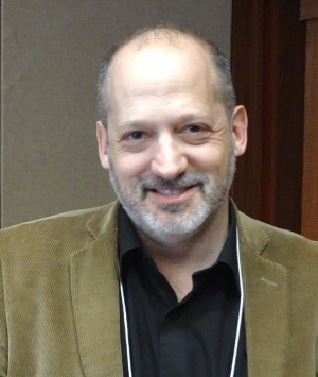
Sunday morning we returned to more serious business when Dr. Keith Porter, geologist and seismic engineer from the University of Colorado , showed us why contemporary building codes are designed to protect lives in a major earthquake – but not necessarily to preserve our cities. With abundant seismic and architectural data, which he somehow made accessible even to the least scientifically inclined, Dr. Porter explained the likely impacts of “the big one” along northern or southern California coastlines in terms of the overall security and functionality of the community as a whole. In doing so, he helped us ask critical questions about the engineering standards we must expect not only for our homes but also for the civic structures on which we all rely.
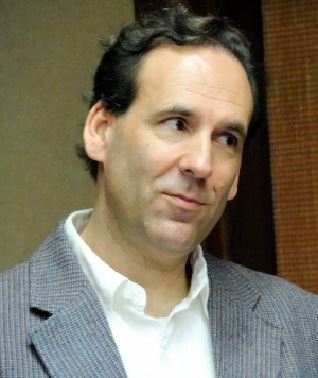
Sunday afternoon continued our focus on public policy concerns as Dr. Darren Zook, professor of political science at UC Berkeley, Fulbright scholar, and two-time ΦBKNCA Teaching Excellence awardee, expanded our grasp of the meaning, prevalence and risks of cyberterrorism. Explaining the technology behind common cybernetworks, Dr. Zook made clear the vulnerabilities we experience – not just personally but on a corporate, societal and international level. As a result, we are not only more aware of the small risks we take each day – and actions that might minimize those risks – but also of the much larger security concerns to our economic and political well being.

On Sunday evening we heard from Vanessa Raditz, recent ΦBKNCA graduate who will soon embark on graduate studies in public health policy at UC Berkeley. A current AmeriCorps intern with the Petaluma Community Clinic, Ms. Raditz walked us through the many and complex challenges faced by such facilities in implementing the Affordable Care Act, as well as new opportunities the legislation presents for uninsured and underinsured patients. Of particular interest were the proactive strategies being pursued by the Clinic to maximize wellness and preventive practice, especially improved nutrition and exercise for clients who may not have had real access to such care.
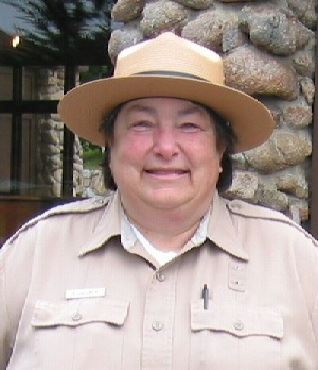
The conference concluded on Monday morning with a lively and informative walking tour with Ranger Roxanne Jacobus, resident sage of Asilomar. Those who had taken previous tours noted that this was an entirely new and different presentation, sprinkling naturalist wisdom (who knew ceanothus made instant soap?) with juicy tidbits about former well-known visitors to the site. Sorry, we’re not revealing the secrets – you’ll have to come on the next tour to hear the shenanigans that once went on in the park!
Special thanks for our success go to Barry Haskell, whose organizational skills were invaluable in tracking registrations and managing the site; to Mike Sitzer, whose generosity and technical skills allowed us to take advantage of the donated A/V equipment; to Vanessa Raditz, for her willingness to turn on a dime and take an earlier time slot – and then step back again when the scheduled speaker appeared; to Rory Keller and Jud Goodrich for taking pictures during the event; and finally to Santa Rosa Junior College Media Services Dept., for supplying the full complement of A/V equipment required to deliver flawless presentations.
Reservations are now being accepted for the next Asilomar event on Presidents’ Day Weekend, February 14 – 17, 2014. Registration is $100 per person, paid directly to ΦBKNCA (mostly tax-deductible, it covers our conference expenses and contributes to our scholarship fund). Housing and meals for the three nights and four days are handled separately by Asilomar ($460 per person, double occupancy in 2013). We will send you that information when you register. Please mail your registration form from page eight of your March newsletter, along with a check for $100/person, to Barry Haskell. For more details, contact Deirdre Frontczak, 707-546-4238, dfrontczak@santarosa.edu
Deirdre Frontczak, Asilomar Chair
